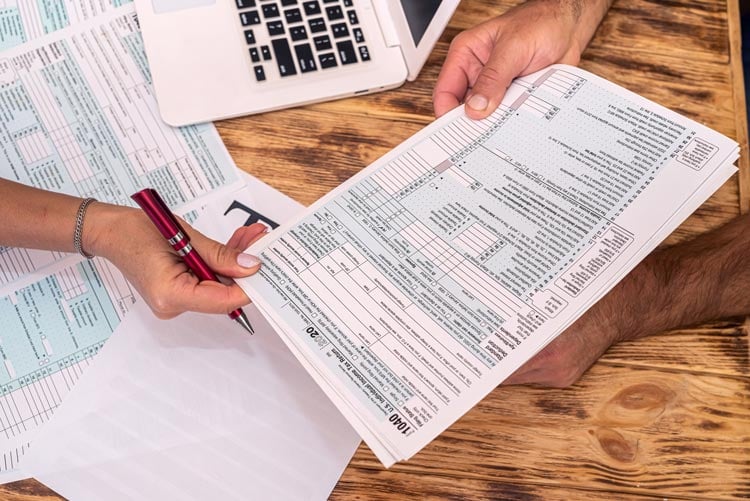
A life estate is a method of owning property with another person and then efficiently distributing the property to the designated person(s) after your death. This tactic is most often used to secure ownership of a residence that is the owner’s primary home. The homeowner creates a life estate, which reserves for that person the right to occupy the home for life. The intended heir is defined as the remainderman. The remainderman has an ownership interest in the home beginning with the designation, but they do not own it until you die.
The life tenant pays the taxes and upkeep.
The person who creates the life estate (the homeowner) remains responsible for paying any existing mortgage, insurance, and property taxes for the property. That person is also on the hook for maintenance, upkeep, and repairs. The life tenant can make upgrades if they want to and also retains the right to rent the home to someone else.
The life tenant may not increase the secured debt.
If the home has a mortgage, the life tenant is responsible for paying it. However, they may not take on additional mortgage debt, like a home equity loan or a reverse mortgage, without the agreement of the remainderman.
What are the benefits of a life estate?
In some ways, establishing a life estate is similar to creating a living trust. The home (or other immovable property) does not have to proceed through probate after the life tenant dies. For the remainderman, the establishment of a life estate simplifies the process by which they inherit and guarantees their eventual ownership. The life estate can also help you avoid gift taxes.
Some people employ life estates when they anticipate Medicaid expenses during the remainder of their lifetime. Medicaid often pays for nursing home care for people who meet certain income thresholds. After the person who received the care passes away, Medicaid may try to recoup some of what they paid for the care from the person’s estate. A life estate helps the remainderman avoid that clawback effort. Avoiding Medicaid repayment is one benefit of a life estate that isn't available using a will or revocable trust.
What is the downside?
There are some potential areas of concern for the homeowner planning to create a life estate. As mentioned, they will need the support of the remainderman to take out a mortgage on the property. Even with the heir’s agreement, the life estate structure may increase the difficulty of obtaining such a loan.
Also, the creation of a life estate is irrevocable. If you change your mind, the remainderman must consent to the revocation, or they will inherit the property regardless.
If the remainderman (or the homeowner) is subject to a tax lien for whatever reason, the house or property is not protected, so both are exposed to the actions of the other.
Finally, for effective protection against Medicaid estate recovery, the life estate must be in place for at least five years before your death. If you die less than five years after creating the life estate, Medicaid may still attempt to recover some of the long-term care costs.
This material is for general information and educational purposes only. Information is based on data gathered from what we believe are reliable sources. It is not guaranteed as to accuracy, does not purport to be complete and is not intended to be used as a primary basis for investment decisions. It should also not be construed as advice meeting the particular investment needs of any investor.
Realized does not provide tax or legal advice. This material is not a substitute for seeking the advice of a qualified professional for your individual situation.



